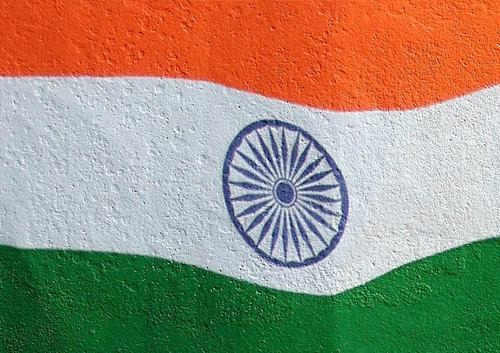Mahatma Gandhi
Throughout history, there have been numerous individuals who tried to fight for the rights of others. Mahatma Gandhi is considered one of the most critical political ethicists of the 20th century. He is well known for promoting acts of non-violent resistance while campaigning for the rights of Indian citizens. One of Gandhi’s main goals was to gain Indian independence as the country was ruled by the British empire at the time.
Gandhi had a significant impact on society during his lifetime. He was assassinated in 1948, leading to a day of mourning in India. More than one million people joined his funeral procession, which stretched for five miles. The influence of Gandhi is still felt today. In modern times there are even shrines dedicated to this iconic human rights activist. Protesters all over the world employ his methods while campaigning for societal change.
He was born Mohandas Karamchand Gandhi in 1869. It was not until 1914 that the title of Mahatma was given to him. The meaning of this word has been cited as both “venerable” and “great-souled”. It is fair to say that India was very different before Gandhi focused on improving human rights in the country. Suppose readers use Wikipedia to research pre-Gandhi India. In that case, they may notice that the majority of citizens were dominated by British rule. One of his critical missions was to turn India into a self-ruling nation. He also created campaigns aimed at lowering poverty, increasing the rights of women and easing ethnic tension.
Gandhi came from a Hindu family and was raised in Gujarat. During his early life, he trained to be a lawyer, passing the bar when he reached the age of 22. After unsuccessful attempts to start a law business within India, he moved to South Africa. This became his home for 21 years. This country helped to foster his affinity for non-violent protest. He returned to his native land at the age of 45 in order to organise resistance movements within peasant communities. At the time, excess land tax was negatively impacting many farmers and urban labourers. Gandhi focused on improving the rights of these workers.
Towards the end of his life, he finally got to see India gain independence. He then worked hard to reduce violence between different religious communities. Today he is often referred to as the Father of the Nation. He changed the lives of ordinary Indians forever.

